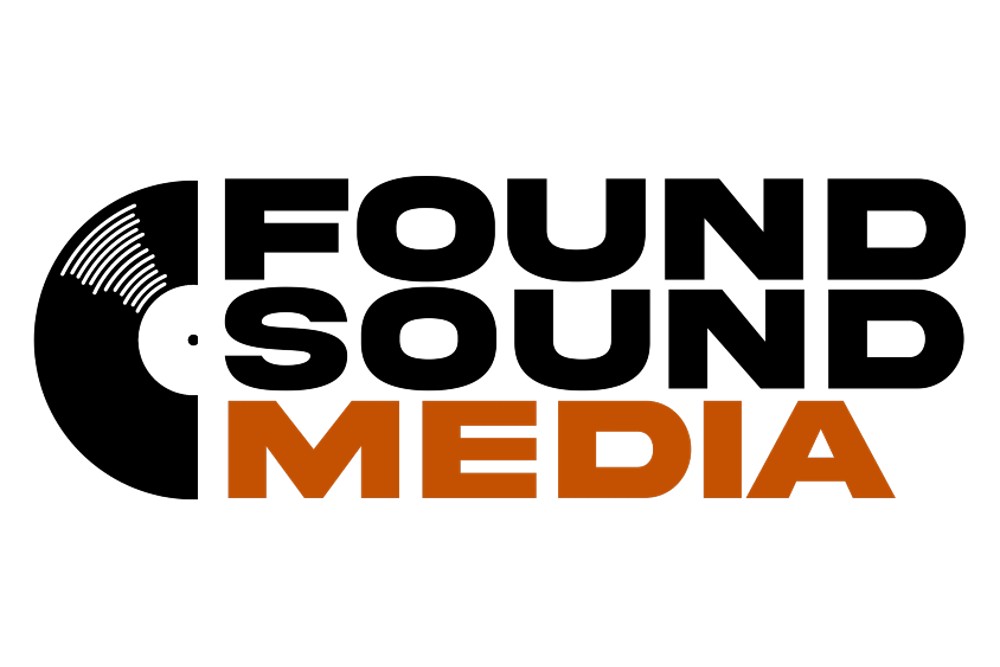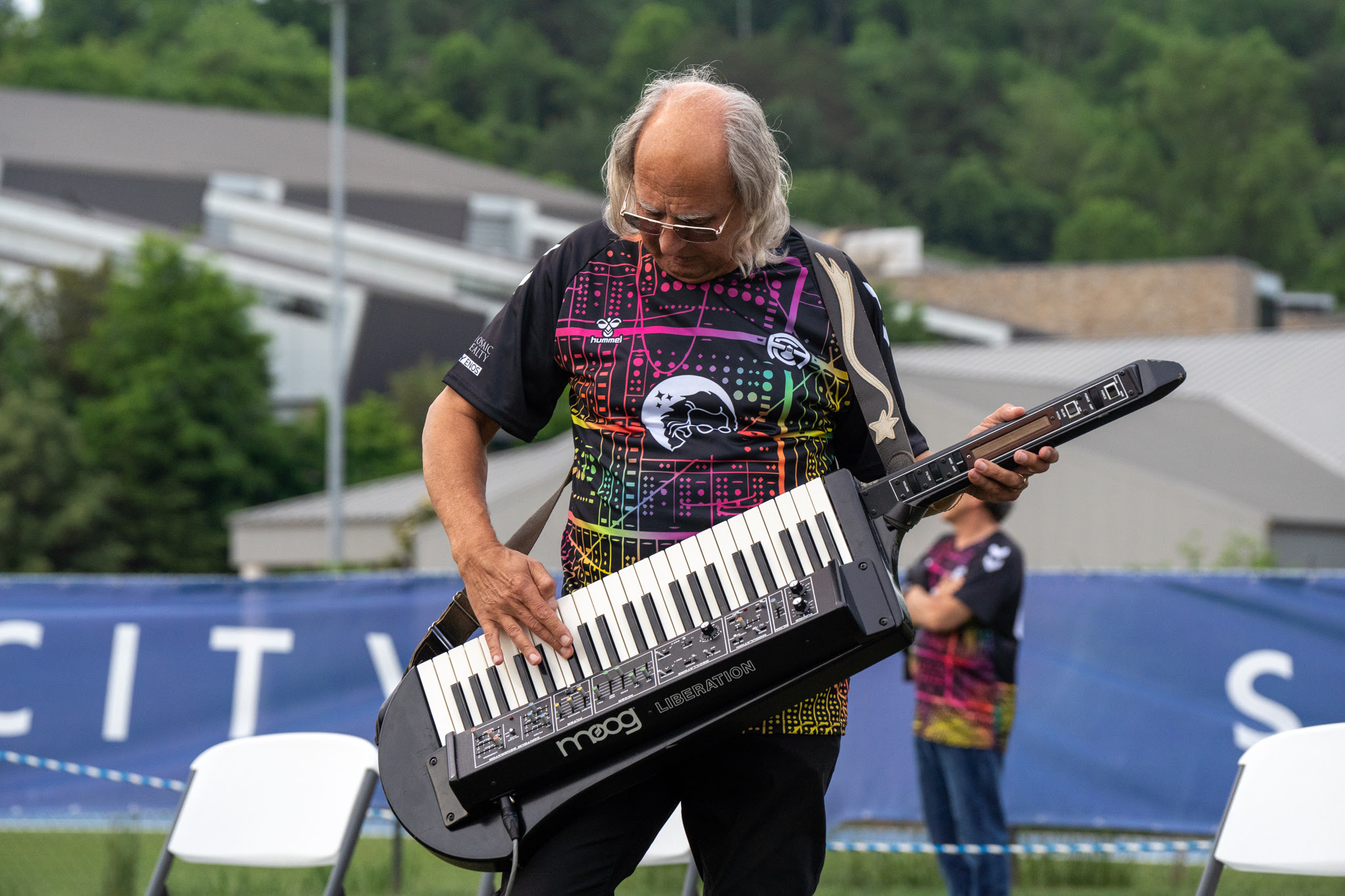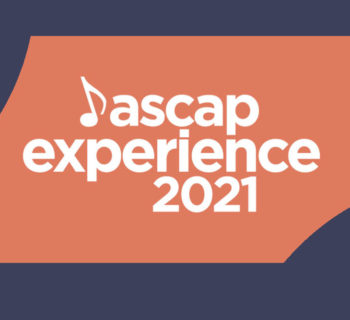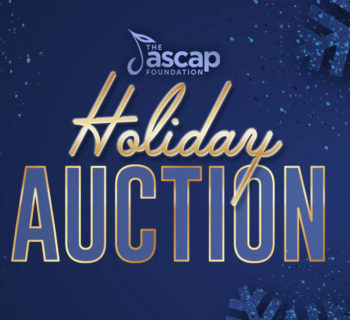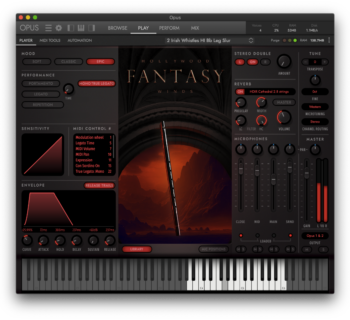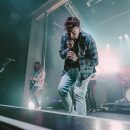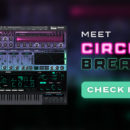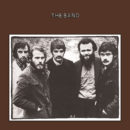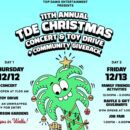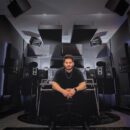Paul Thomas runs sound at Bottom of the Hill, a beloved venue in San Francisco. He told us all about it...
How long have you been running sound? How did you get into it?
I've been interested in the reproduction of sound and the electronics used for recording and sound reinforcement, ever since high school. I thought I wanted to be a recording studio engineer and got an opportunity to work at a recording studio for a couple years (1998-1999), only to realize I didn't actually enjoy that whole process of making records. I returned to working at the kind of menial, mind-numbing, low-paying jobs a person gets with a high school diploma and tattoos on their fingers.
Several years later, at the age of 35, I decided to try my hand at live sound (August of 2005) and found that it was much better suited to my personality and the speed at which I like to work. I was hooked a determined to make that my career path. By December of 2006, I was making my living in the Bay Area just doing live sound at clubs and concert venues.
How did you get hooked up with Bottom of the Hill?
In 2006 I was touring with The BellRays as their engineer and they played an in-store show at Amoeba. Ben Tuttle was Amoeba's sound tech for their concerts and also the Head Engineer at B.o.t.H. at that time. We hit it off really well, and a couple months later, near the end of the US tour, there was a problem with the budget for the Australian tour, so they had to cut me from the tour.
It just so happened that the same week I found myself at home, instead of flying to Australia, Ben posted a Craigslist ad to hire another engineer for the B.o.t.H. I contacted him immediately and he remembered me from the Amoeba show and offered me the job. If I'd not been unexpectedly cut from that tour, I would not have been there in SF that week to get my shot at being on the sound roster. It's crazy how that worked out.
Seven months later, Ben Tuttle stepped down as the Head Engineer to work at Amoeba full time and pursue other projects. I was then offered the position and I've been the Head Engineer at B.o.t.H. since April 2007. Having only started there in August of 2006, I was the newest person on the sound staff. But every time I was there I went way above and beyond anyone's expectations to make a great impression with my work ethic, kindness, and flexibility.
I knew I was working at a venue with a great reputation on the touring circuit and I would have to step up in a big way to remain on their engineer call list. All that extra hard work, plus a genuine intent to honor and build upon the venue's legacy really paid off for me.
Any particular highlights? Which bands have been the best to work with?
I'm coming up on my 18 year anniversary, and in that time I have personaly mixed well over 4,000 different bands (and solo artists) on that stage. I've mixed so many incredible shows there, so it's really difficult to only name a few highlights. That said, it's been really cool to see Portugal. The Man go so far with what they're doing, after I got to mix them three separate times at B.o.t.H. from 2007-2008. In 2012, they took me to Europe (supporting The Black Keys) and Australia as their FOH Engineer. It's pretty weird to think that suddenly losing The trip to Australia with The BellRays put me in the right place to eventually travel there with P.TM, six years later. Life can be crazy like that.
How would you describe the acoustics/layout at Bottom of the Hill?
The acoustics in most small venues (if we define "small" as below 500 capacity) are almost always going to be challenging, because the spaces were most likely not designed for live music to begin with. That's true for B.o.t.H. as well: slightly off-center stage, mirrors along one side of the room, duct-work on the other side, hard tile floors with no carpet or fixtures that absorb sound, and the sound booth in a corner where bass frequencies build up and give a skewed sense of how the mix sounds. As in most small venues, you need to get out of the booth and walk around to double-check that your mixes are translating to what that audience should be hearing.
What gear do you use?
We're one of the last clubs in America that is still mixing in the analog realm. We use a Yamaha PM-3500 mixer with a good assortment of outboard compressors and gates from Aphex, DBX, Ashly, Symetrix, and Drawmer. In early 2023, we replaced the 30 year old Front-of-House speakers (they were EAW ASR-695s) with Tectonic DML500 panels. All of our stage monitors are JBL "MRX" series wedges.
For more information, visit bottomofthehill.com.


